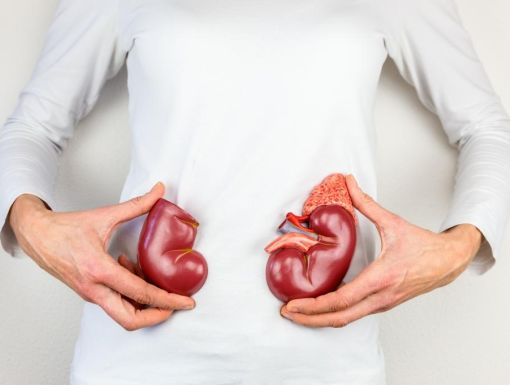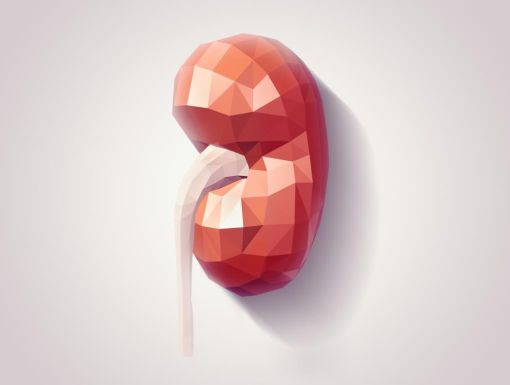
How Heart Failure Affects Your Kidneys and How You Can Treat It
Your vital organs are linked in ways that may not seem obvious at first glance. One example of this is the relationship between the heart and the kidneys, which work very closely together even though they are in separate areas of the body.
Each kidney is about the size of an adult fist. Despite their small size, they perform an outsized number of functions for our bodies. This is why a serious issue with our kidneys will almost always manifest itself elsewhere in our bodies and can affect our ability to function and in some cases, to survive. In particular, the heart and the kidneys have a very cooperative and interconnected relationship. An issue with your heart can have a direct impact on your kidneys and vice-versa. If your kidneys aren’t working correctly, it may damage your heart over time.
We’re answering some of the most-asked questions when it comes to understanding the relationship between these two vital organs.
What is the relationship between the heart and the kidneys?
Your kidneys and heart work together to help remove fluids from the body. The heart must effectively pump blood to the kidneys, which then makes urine to help keep the body in fluid balance.
Your kidneys also produce the hormone that signals to the body that it’s time to create more red blood cells. Because the heart circulates oxygenated red blood cells throughout the body, there is a relationship here that is important to understand. Individuals with chronic kidney disease may develop anemia, which is the condition in which there is a lower-than-normal average of red blood cells in your blood. In some people, severe anemia can lead to heart problems. This happens when the heart gets less oxygen than it needs and has to work harder to pump enough blood to tissues and organs.
Additionally, the kidneys and the heart can both be affected by the same outside risk factors. For example, high blood pressure has the potential to be damaging to both organs. It can damage the kidneys by constricting blood vessels, which can weaken them over time thus further reducing blood flow. Damaged kidney blood vessels have trouble functioning correctly and can impact their ability to process waste and extra fluid. The same issues can affect the heart, as damaged blood vessels force the heart to work harder, which can weaken it over time.
How does heart failure affect your kidney health?
If the heart is pumping blood weakly (heart failure), then the kidneys will be less able to do their job of removing extra fluid from the body. In addition, if the kidneys are not strong, then this can contribute to the inability to remove fluid, which can then cause a strain on the heart.
How are heart failure and kidney failure treated?
Therapies aimed at helping the heart work better, such as the use of beta blockers, angiotensin receptor blockers or ACE inhibitors, can usually help. When necessary, diuretics are also used to help get rid of excess fluid. In severe cases, doctors sometimes have to employ the use of dialysis in order to remove excess fluid.
How do you reduce your risk of heart and kidney problems?
Fortunately, there are easy steps that everyone can take to reduce their risk of developing both heart and kidney problems over the course of their lifetime. Since these organs are interconnected, they will respond positively to the same set of modifications and lifestyle adjustments.
The reduction of risk mainly involves controlling high blood pressure or hypertension, diabetes and coronary artery disease. Patients at risk for developing heart or kidney issues should closely monitor their cholesterol, blood glucose, and blood pressure. Adopting a heart-healthy diet like the Mediterranean diet and eating less salt overall can make a difference.
Obesity is also a large risk factor, so losing weight and maintaining a standard level of activity is key. Regular exercise along with dietary modification is critical in maintaining a healthy lifestyle. Finally, smoking cessation is an essential step in becoming healthier overall, especially when it comes to protecting your heart and other essential organs.
As the regional expert in the diagnosis and treatment of kidney disease, Ochsner offers a full range of nephrology services. Learn more here.



